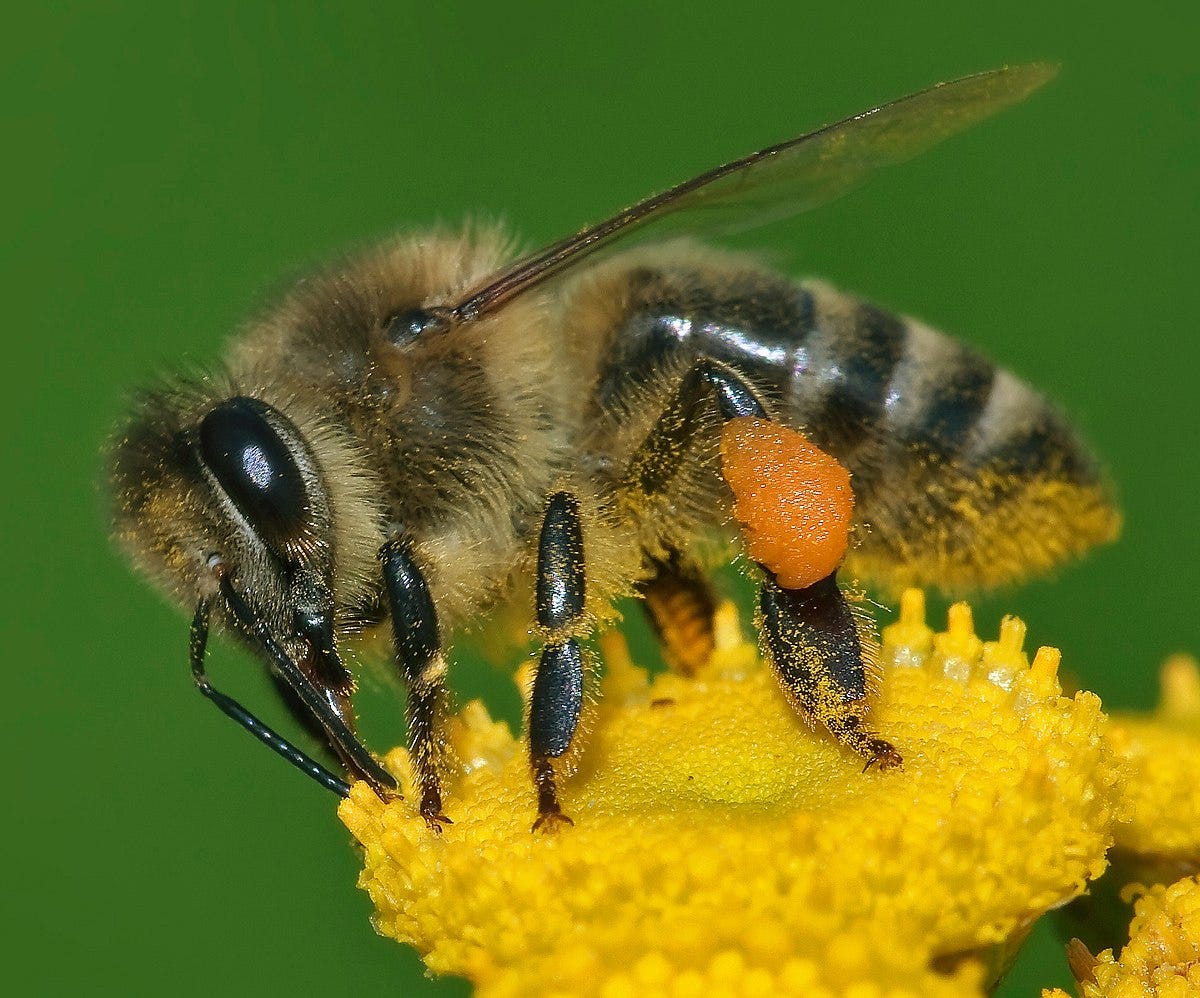The Burrow and The Breaking Point
Have you been fighting yourself to the death lately? Psychological science says that may be a sign of new life.
A reading in my new Vixen hat:
On to the musings….
The vixen’s mouth watered.
She moved through the grass like a shadow, belly low, steps careful, mind sharp.
You see, an implicit agreement existed between her, Mother Earth and Father Time, a promised rhythm she took for granted (as you so often do your own breath, my sweet reader.) Every night beneath the bruising sky, she stole to this burrow, and every night, she feasted on the flesh of rabbits.
Until now.
When a breeze, scentless, soundless, struck her, her paws paused. She stiffened, bracing against imminent reality.
No.
She dropped low to the ground, ears swiveling. She inhaled, dragging the scent deep into her ribs, but the smell of nothing but mere (majestic) earth taunted her.
No, no, no.
(Hunger brings forth a certain clarity, but it can also bring forth a certain delusion. I know this all too well)
She lunged.
Her claws ripped into the soil, flinging dirt behind her in wild, gasping bursts. A creature unraveling, she dug, as if she could force the world to be what it had always been.
As if she could force the world to be what it had always been.
If she just tried harder, wanted it more, if she dug deep enough, the rabbits would appear, trembling in the moonlight, as they always had.
But the burrow remained hollow.
She snapped her teeth at the nothingness. She shattered the silence with a sharp, ragged bark. She circled the desecrated burrow, eyes burning, then attacked again.
She dug harder. Clawed deeper. Scavenged stronger for life as it once was.
~~
This vixen is undergoing what behavioral scientists call an extinction burst. This phenomenon, a form of operant conditioning studied extensively by the "father of behavioral science" B.F. Skinner, is defined to be a temporary increase in the intensity, frequency, or variability of a behavior when reinforcement for that behavior is suddenly removed.
We’ve all been there: you feed a vending machine two rogue dollar bills that you found in your wallet (honestly, where did those come from? Like, how?), press A4, and begin to salivate in anticipation of that glorious Kit-Kat bar that should fall right about…. Now. Now. Now? What the actual fuck! Fervently, you bang the buttons (A4A4A4A4A4A4A4!!!!!!!!!). You slam your palm against the side of the machine. You yell straight in its face about how STUPID it is. The Kit Kat doesn’t budge (“Break me off a piece of THAT, ya bitchass!” it seems to tease). Eventually, you give up.
When an organism (human or animal) has learned that a specific action leads to a reward (reinforcement), and that reward is suddenly taken away, the organism often tries harder, acts out, or escalates the behavior before ultimately abandoning it. If no reinforcement returns, the behavior gradually diminishes and may disappear altogether.
Here are some more examples:
In children:
Children frequently exhibit extinction bursts. Imagine a lil sticky kiddo who regularly throws tantrums in the grocery store to get candy. If the parent always gives in, the child learns that tantrums work. But one day, the parent refuses. Instead of giving up, the child screams bloody murder, starts throwing produce, and tests new tactics such as begging, whining, or flopping dramatically to the floor. This a CLASSIC extinction burst—a final attempt to force the old system to work. If the parent remains firm, the child eventually realizes tantrums no longer yield rewards, and the behavior disappears (for all my parents out there reading this, is this true? Has this strategy worked for you?)
In nature:
Honeybees rely on environmental cues to locate food sources. Studies show that when a once-reliable nectar source suddenly disappears, bees initially exhibit an extinction burst. Rather than immediately searching for new flowers, they return to the empty patch repeatedly, sometimes more frequently than before, like psycho ex-girlfriends. They may try different angles of approach, probe deeper into flowers, or spend more time hovering in confusion before they finally move on to another food source.
In government:
Political systems can also exhibit extinction bursts, particularly when an authoritarian government is on the verge of collapse. A striking example is the fall of the Soviet Union. As communist regimes lost control in Eastern Europe during the 1980s and 1990s, leaders cracked down harder, attempting to suppress dissent through force, censorship, and violence. Governments in places like East Germany, Poland, and Czechoslovakia implemented emergency measures to maintain control, but this only escalated public resistance, culminating in the collapse of the Berlin Wall. Right before its fall in 1989, East German authorities increased border enforcement, arrested more defectors, and restricted travel more harshly than ever before—a desperate last-ditch effort to salvage a failing system. Ultimately, this aggressive last stand failed, and communism collapsed in much of Europe.
In… me?
That’s right.
It’s no secret, my beloved Muser, that I’m going through it right now. Through. It. But that’s the only way! Through. Around will only bring me round and round. Over will drag me under. Under spells out game over. Through, that painful preposition, is the only possible path.
The trick for me is not a magic one, where I pull the promised rabbit from the proverbial hat-hole. No, the trick is (GAH and it’s SO frustrating) accepting that these rabbits– or should I say, habits?-- that have gotten me to this point are no longer working.
These habit-rabbits must die in order for me to level-up my life. But DAMN oh DAMN. The tools that have helped me survive (and god bless em) are using their powers against me to stay alive. And they’re annoying!
What do some of these habit-rabbits look like, you may wonder?
That perfectionism that dooms me to failure and robs me of peace.
That internal bully that convinces me I’m simultaneously way too much and never enough.
That imposter syndrome that prevents me from feeling fully secure in any relationship, from friendship to romantic to familial to professional, for fear that these amazing people– whom I love so much and who have time and time again proven their love for me– will any day be exposed to that warped version of me that the aforementioned internal bully has convinced me is the real me.
That potent regret for taking my sweet soul for granted all these years. This bully’s stories smothered her.
I can go on and on. And on. And on. These bad mental habits reproduce like rabbits!
I must ask myself: do I want to go on? Seriously. Is this life something I’m interested in? With its layered past that still does not quite make sense and its future that’s yet to unfold, in this body that has been a tender home and also at times an eerie foreigner?
I don’t quite have the appetite for the unknown these days. It literally makes me nauseous (that body don’t lie!) thinking about the potential of what my life can become. To cope, I’ve been clinging to the familiar– these old habit-rabbits, these cyclic narratives, these ways of keeping myself small to avoid thrusting myself raw-dog into the next phase of life. And these negative behavoirs and thought patterns are flaring up harder than ever before.
I have to keep reminding myself that, if I accept the premise that I want to live out the rest of the days allotted to this vessel on this planet with this specific Speerit, then these limiting loops must die, and I must not mistake their vicious attacks as an indicator of their impending victory but rather a sign of their imminent death. I must endure the extinction burst.
The vixen slumped, panting, her chest rising and falling in the empty night.
She lifted her head to the wind, still trembling. She’s only ever needed to prey. Now, she must pray.
For another burrow. Another rhythm. Another version of herself.
She cannot see it, but she will follow its scent.
Slowly, she stood.
Because the wild does not wait for those who mourn the ghosts of their own certainty.
Sources:
Chittka, L., & Thompson, J. D. (2001). "Cognitive Ecology of Pollination: Animal Behavior and Floral Evolution." Cambridge University Press.
Kotkin, S. (2014). Stalin: Volume I: Paradoxes of Power, 1878-1928. Penguin Press.
Lattal, K.A., St. Peter Pipkin, C., & Escobar, R. (2013). "Extinction: Theory and Practice." The Behavior Analyst Today, 14(2), 1-15.
Images:
https://en.wikipedia.org/wiki/Western_honey_bee
https://pes.eu/democracy/the-fall-of-berlin-wall-a-democratic-domino-effect-that-changed-the-lives-of-millions-of-europeans-says-pes-president/
https://stockcake.com/i/toddler-supermarket-tantrum_1273055_837618
Vixen in moonlight from chat GPT








“Because the wild does not wait for those who mourn the ghosts of their own certainty.“ I want that tattooed on my FACE. 😂😂😂😭😭😭
I applaud this brilliant, sharp piece with excellent cohesive writing, nothing less expected with your Ivy League brain, as you skillfully navigate the seas of your own extinction bursts.
The difference between animals and humans, unconscious and conscious is that we must go through this process painfully aware of what is happening in our animal bodies on an intellectual level.
We must endure conscious pain and conscious repatterning. We must be grateful for our capacity to do this, because it allows us to achieve greatness and unlock the technology of both our animal and conscious minds.
I’ll be here, loving you in every iteration.
XX - Atara.
Speaking to my soul: "I don’t quite have the appetite for the unknown these days. It literally makes me nauseous (that body don’t lie!) thinking about the potential of what my life can become."
"Because the wild does not wait for those who mourn the ghosts of their own certainty.
Tears rolling down my face connecting to your words and the moment you are in, the unknowns are washing me away on a daily basis and this is my reminder to stand tall and keep going. Thank you.